Click here to see the online version.
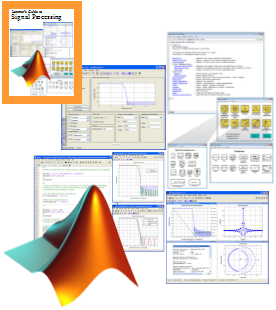 |
Training on Signal Processing and Filter Design with MATLAB & Simulink Implementation Solutions 4U Training Center @ Puchong |
this workshop keeps math at a tolerable level, and makes
signal processing exceptionally accessible
without ever oversimplifying it..."
Signal may be referred to as a function of time that conveys information about the behavior or characteristic of some physical phenomena. Examples of signal are temperature, voice, communication and geophysical among others. Signal can be acquired from its physical environment via sensors (e.g. microphone for voice acquisition). Nevertheless, the acquired signal is less than ideal that may be resultant from constraints of the acquisition device or due to background noise pollution. Therefore, signal-processing comprises of useful techniques in analyzing the characteristics of the acquired signal and filtering unwanted components from it. Ultimately, the main task of signal-processing involves filter design, either via infinite-impulse-response (IIR) or finite-impulse-response (FIR) techniques, such as to achieve better signal quality. |
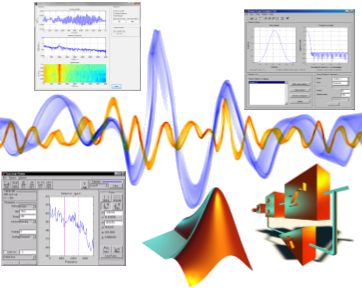 |
Course highlights This course is intended as a practical introduction to signal-processing concepts and its implementation using MATLAB and Simulink. As such, there will be a series of hands-on exercises which support both theoretical explanation and practical implementation. What you will learn
|
Course methodology
The course begins with guidance on how to represent signals in both analog and digital forms, visualization of signals in both time- and frequency-domains, understanding of LTI concepts as well as designing filters using MATLAB and Simulink. The course will be well-supported by MATLAB codes and Simulink models.
Course Outline
- Introduction
- Concept of signals
- Analog signals
- Discrete signals
- Sampling of signals
- Types of discrete signals
- Noise modeling
- Spectral analysis
- Frequency domain
- Fourier transform (DFT and FFT)
- Power spectral density
- SPTool for signal analysis
- Signal import and visualization
- Spectral analysis
- Concept of Linear-Time-Invariance (LTI)
- Representation of LTI system – difference equation
- Representation of LTI system – block diagram
- The z-Transform
- Representation via transfer function
- Pole-zero plots
- Case studies and exercises
- Analog prototyping
- Butterworth
- Chebyshev
- Elliptic
- Filter transformation
- Impulse-invariant method
- Bilinear transformation method
- Case study - design of IIR filter:
- Based on filter specifications
- Based on signal characteristics
- Introduction to windowing technique
- Types of windows
- Characteristics of windows
- Procedures of FIR filter design
- Case study – design of FIR filter:
- Based on filter specifications
- Based on signal characteristics
Day 1
Day 2
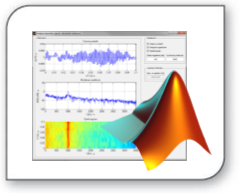
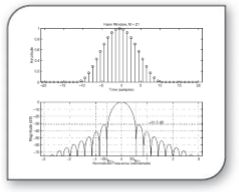
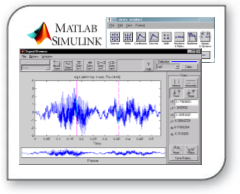
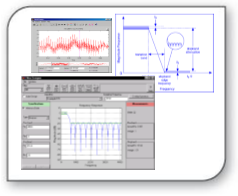
Who should attend
Professional, engineers and scientists at all levels who wish to learn about concepts of signal-processing and its implementation using MATLAB and Simulink. No background in either of these topics are, however, assumed. The detailed course material and many source code listings will be invaluable for both learning and reference.
Prerequisites
A basic familiarity with MATLAB and Simulink environment is preferred.
Note: Due to the nature of the course and the learning expectations, the availability seats are limited. You need to register early to obtain confirmation of your space.
 11 & 12 MAR, 2021 @ MY
11 & 12 MAR, 2021 @ MY
Venue : Solutions 4U Training Center @ Puchong
10 % Early Registration Discount before 11 FEB
2021
10 % Group Discount for 3 or more from same organization
Sign Up Now
Other upcoming courses to enrich and enhance your technical computing capability and data anaysls skill-set, Just click onto the Title to find out more details.
 |
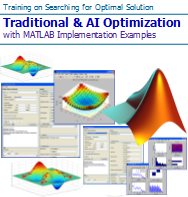 |
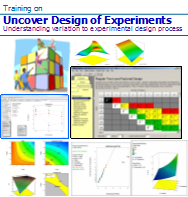 |
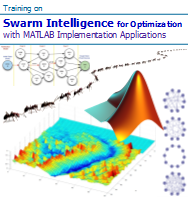 |
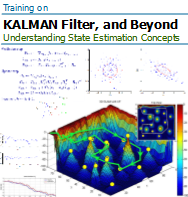 |
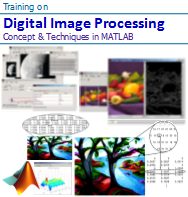 |
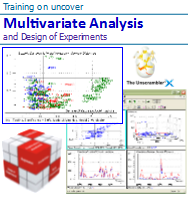 |
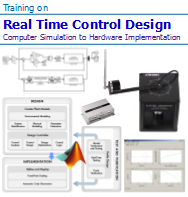 |
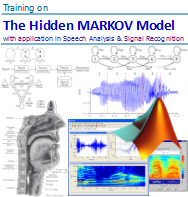 |
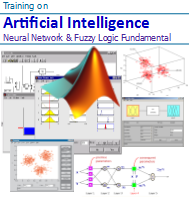 |
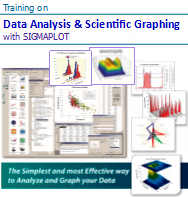 |
 |
For more information, please contact us at enquiry@solutions4u-asia.com
The updates of our training program are sent to you, as we think that they might be of interest and benefit you. Please help to forward to others who may be interested. However, you may unsubscribe if you do not wish to receive further mailing from us. Thank you.